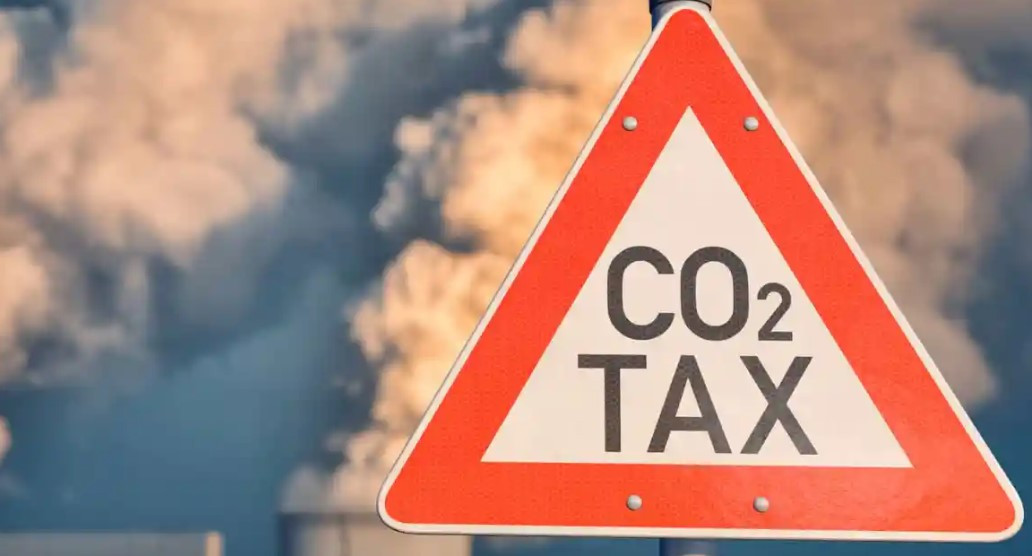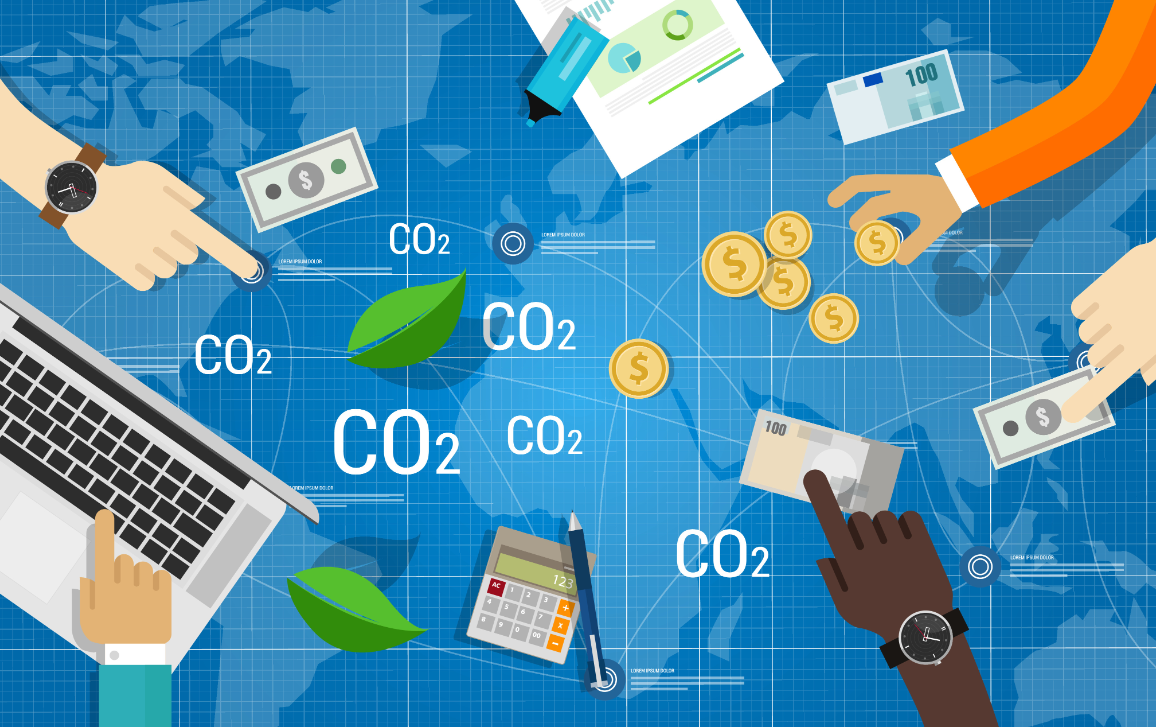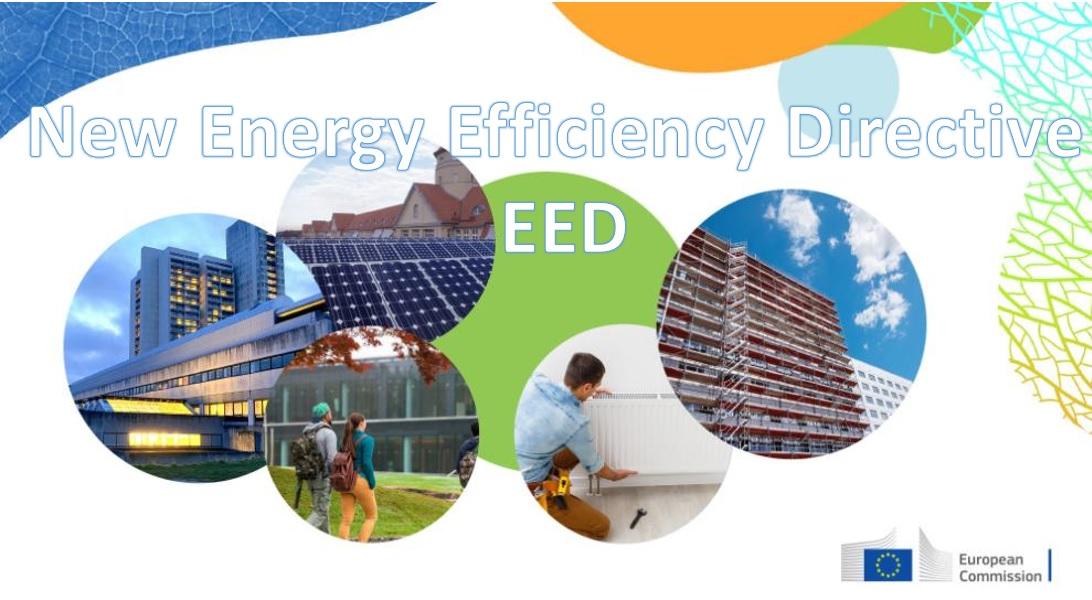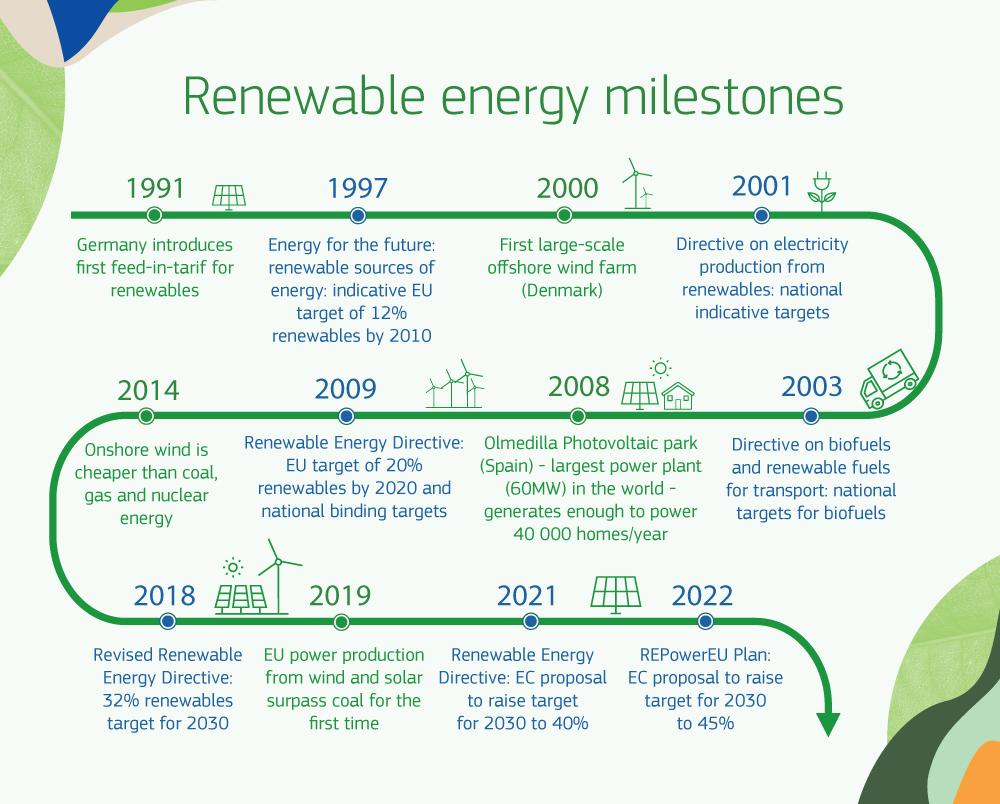
The European Union (EU) is committed to achieving climate neutrality by 2050 and has implemented a series of regulations and directives to reduce greenhouse gas emissions and promote sustainability.
In 2024, several new regulations are expected to come into effect, which will significantly impact Turkish industries exporting goods to the EU.
Carbon Border Adjustment Mechanism (CBAM)

The CBAM is a key component of the EU's Green Deal and is designed to level the playing field between EU producers, who are subject to a carbon price, and non-EU producers, who may not face the same costs.
The CBAM will initially cover certain sectors, such as cement, iron and steel, aluminum, fertilizers, and electrical goods, and will gradually expand to other sectors in the future.
Turkish exporters of these products to the EU will need to purchase CBAM certificates corresponding to the embedded carbon emissions in their products.
The cost of these certificates will depend on the carbon price in the EU, which is currently around €90 per ton of CO2.

Revised Renewable Energy Directive (RED III)
The RED III sets a target of 40% renewable energy consumption in the EU by 2030, up from the current target of 20%.
This will require a significant increase in renewable energy capacity, and Turkish companies that supply renewable energy products and services to the EU are likely to benefit from this increased demand.
Revised Energy Efficiency Directive (EED)

The EED sets new energy efficiency targets for buildings, appliances, and vehicles. Turkish companies that manufacture energy-efficient products are likely to benefit from these new requirements.
Corporate Sustainability Reporting Directive (CSRD)
The CSRD will require large companies in the EU to report on their sustainability performance, including their environmental impact, social impact, and governance practices. Turkish companies that export to the EU may need to adapt their reporting practices to comply with the CSRD.
Impact on Turkish Industry
These new regulations are likely to significantly impact Turkish industries exporting goods to the EU. Turkish companies will need to invest in cleaner technologies and reduce their carbon emissions to remain competitive in the EU market.
The CBAM, in particular, will likely be a major challenge for Turkish exporters. The cost of CBAM certificates could significantly increase the cost of Turkish exports, and some companies may find it difficult to pass on these costs to their customers.
However, there are also opportunities for Turkish companies to benefit from the EU's transition to a green economy. Turkish companies that can develop innovative and competitive solutions to climate change and sustainability challenges are well-positioned to succeed in the EU market.
Developing impactful solutions with local and foreign startups can accelerate the adaptation of Turkish companies to the EU market demands and regulations.
Along with costly and traditional investments, Workinlot recommends collaborating with startups to accelerate the transition to the green economy with hardware and software solutions. ( Why corporations work with startups on sustainability projects )
At Workinlot we design process frameworks that enable companies to collaborate with technology firms and startups. To ensure these designs are optimally developed, we provide iterative project management support in partnership with the organization.
Through this collaborative and iterative knowledge transfer, we have helped establish corporate venture capital funds, open innovation platforms, and venture builder structures.
Let's connect and collaborate to identify and validate new opportunities.
